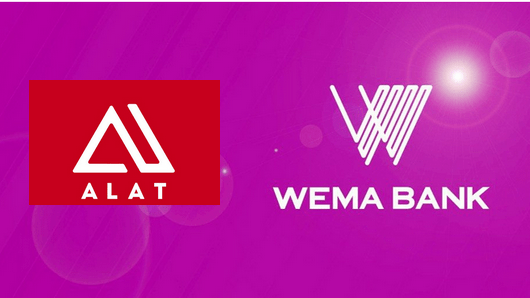
The battle of bike ride-hailing taxi in Lagos market
Unbranded and madcap motorcycle taxis have been around in Nigeria and most parts of Africa for years. In Nigeria alone there is a ballpark estimate of 8 million commercial bike drivers popularly known as okadas. And they have always been part of the country’s informal transport and haulage framework. Meanwhile, the risk associated with using them as means of passenger vehicle stigmatises their trade as unreliable and suicidal.
Before now, unskilled Okada operators were pilloried for frequent road mishaps that in 2012, Lagos State government banned motorcycles with a cylinder capacity below 200cc (Cubic Centimetre capacity of combustion cylinder) from using major roads or the bridges that intersect the city surrounded by lagoons.
All that, however, has changed at the speed of light as branded bike taxi companies are now slugging it out on the streets of Lagos, while a stiff ride-hailing competition gathers momentum. While traditional okadas deploy bikes about 100cc, the new businesslike players take advantage of 200cc that meet some states’ safety and legal requirements. Availing themselves of digital knowledge, the central plank of their brand promise pivots around trained, accountable drivers and the convenience of booking rides through a mobile app.
Corporate names such as max.ng, Gokada, SafeBoda, which started out in the East African Community and ORide no longer need formal introduction in a megacity like Lagos. They look forward to winning market and mind share by deploying technological innovation and expertise through branding and marketing.
Ironically, a ride-hailing firm such as max.ng started out as a motorbike delivery service in 2015 in Lagos. By 2017, it added an app for ride-hailing as well as credit facilities for would-be drivers to lease bikes and for them to pay in installments. By 2018, Gokada launched in Lagos — max.ng’s deep yellow and Gokada’s bright green motorbikes and helmets have become mobile fixtures on the city’s manic and traffic prone streets. Apparently through innovation, they are solving the problem of incessant motorbike accidents on the roads.
A recent IMF’s World Economic Outlook stated that six of the ten fastest growing economies in the world are in Africa. And by 2050, the continent’s economy could quadruple its current size and be worth up to $29 trillion. Transportation is arguably an ample part of the continent’s economy.
Max.ng co-founder Adetayo Bamiduro told Reuters its expansion would be funded by a recent investment round that raised $5 million-$7 million and that it was targeting an accumulated total of 2 million rides by the middle of 2020, up from 200,000 by May.
“What we’ve done is to look at the market in Nigeria and across the region and say ‘what pieces are missing?’: financial infrastructure for mobility doesn’t exist, ride-hailing technology for two-wheeled and three-wheeled mobility doesn’t exist,” he said.
Mr. Bamiduro, however, did not name the investors in max.ng’s latest funding round. Meanwhile, Gokada is known to be funded by U.S. and Gulf investment and venture capital funds while SafeBoda counts Go-Jek and Allianz among its backers. ORide, the latest motorbike ride-hailing app to enter the Lagos market, is part of OPay in which Norwegian software firm Opera has an equity interest. The company believes ORide will help both its Opera web browser and OPay expand their reach into new services.
Intrepid entrepreneurs believe Africa is a market that tremendously rewards problem-solvers. And the definitive buzzword on the lip of every expert is innovation. Everyone seems to be pushing to the top of the innovation index, but in reality everyone is copying everyone else.
Market watchers think Nigeria’s motorbike taxi companies with backing from investors are simply replicating the success stories of two-wheeled taxi firms in Asia. For example, bike ride-hailing sector has transformed Indonesia’s Go-Jek into a $10 billion company in less than a decade. In other words, ride-hailing sector is still small in Nigeria compared to Indonesia. But investors hope players can replicate the success of the Asian ride-hailing model in Nigeria and turn the sector into a billion dollar business in no time.
A player, Fahim Saleh, who set up motorcycle taxi firm Pathao in Bangladesh in 2013, told Reuters the company was planning to launch services in the northern Nigerian city of Kano and southern oil hub of Port Harcourt in Rivers State by the end of 2019. He explained that his company would expand into new cities, along with repair centers and rider training schools, which would be funded with some of the $5 million it raised this year
“Within the next couple of months we will start developing a wallet that would allow you to pay for rides,” he said. “We want to be in all forms of transport. And also food, and services – a hairdresser delivered to your door, or a masseuse,” he disclosed.




Comment
No comments found.